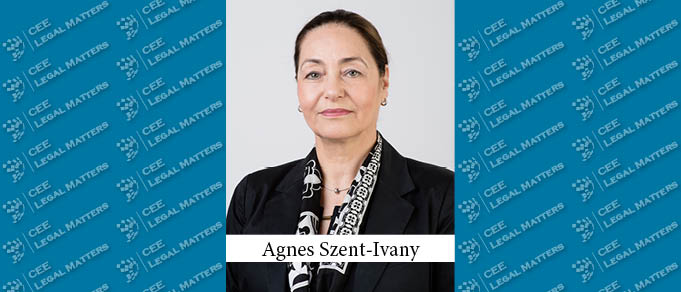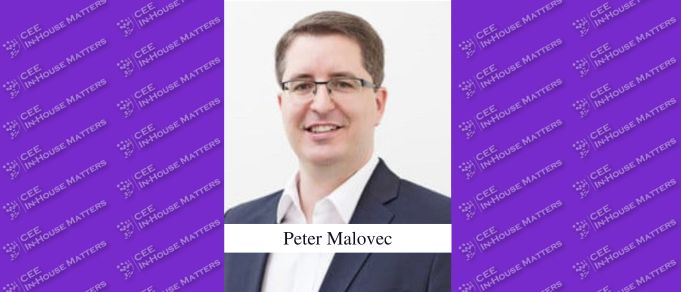A look back at more than 30 years in the legal profession, through changing political and economic systems, legal environments, and expectations towards lawyers, and changing ways and platforms of communication.
How Did It Start?
In the last few years before Hungary’s transformation from socialism to a democratic system it became possible for legal counsels to establish legal counsels’ firms. Such firms were different from the law firms of that time, as they were not allowed to advise private persons on personal matters. However, they could provide legal services for private entrepreneurs, state enterprises, and small private businesses relating to their business activities. After finishing my studies at the Legal Faculty ELTE I worked for a couple of years at a foreign trading company, and in 1987, several partners and I established our legal counsels’ firm and started advising private businesses and enterprises relating to their export-import matters. I was at the right place at the right time, as the first Companies Act and the Foreign Investment Act were enacted in 1988, and we immediately started working for the first foreign investors. We successfully built up one of the first Hungarian law firms, serving mostly international clients. In 1991, following the political transformation, such legal counsels became member of the Bar.
The Good Old Days
This was an exciting time. In the nineties, we worked intensively, day and night, almost continuously. We were very busy, primarily with privatization tasks.
A memorable moment was when we worked on the side of British investors on the acquisition of a major factory. I remember, one night well after midnight, sitting in a meeting room of the State Property Agency. We were all exhausted, but as the purchaser was scheduled to fly home the next day we had to finish the process. The negotiation involved very intense arguing about the purchase price. At around 3 a.m. I could not resist the urge to close my eyes for a few moments. (I assumed that nobody had noticed, but a couple of years later, when speaking with the attorney who had sat opposite me at the table, he said that he had been envious that I was able to sleep, so it clearly had not gone unnoticed). When we finished that meeting, I went to my car and I could not start it; I had left the light on. I called a taxi for assistance, and the taxi driver tried to plug in my battery, but his battery was also exhausted. He called another taxi, and that driver was able to charge his battery, allowing him finally to charge mine, and I finally got home around five o’clock in the morning.
In those times we learned many new legal concepts, terminology, and instruments, that had never existed previously in Hungary – or if they had, only in theory in our university textbooks.
Then and Now
My favorite examples of the new terminology we learned are the abbreviations so often used without their meaning being explained. A couple of years ago, I participated in an international meeting in London. The presentation was full of abbreviations – several of which I was unfamiliar with and unable to figure out what they meant. I turned to the person sitting next to me – a native English-speaking lawyer – to ask what the last abbreviation meant. She said she had no idea. Then I calmed down, reassured that I was not the odd one out.
In the early years, things like videoconferencing, mobile phones, the Internet, and e-mail did not exist. When I became a lawyer even the telefax and computer were novelties. In our days, junior lawyers probably did not even know what telexes were.
Now the legal industry focuses heavily on digitalization, we communicate with courts and other authorities electronically, we have electric signatures, data rooms are available electronically, and we use AI in our due diligence exercises.
And, thanks to digital devices and tools, the available communication tools (such as Teams, Zoom, and WebEx) allowed us to continue our work successfully during this COVID-19 crisis, though we miss the personal meetings and travelling very much.
Who knows what tools we will use for communication in five- or ten-years’ time? Maybe Elon Musk or Jack Dorsey.
By Agnes Szent-Ivany, Managing Partner, Eversheds Sutherland
This Article was originally published in Issue 8.2 of the CEE Legal Matters Magazine. If you would like to receive a hard copy of the magazine, you can subscribe here.

















